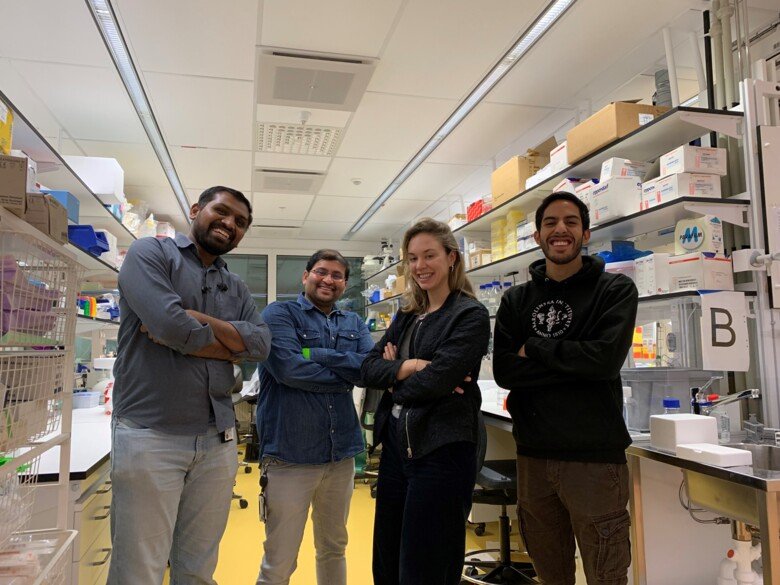
Research
The research is translational and organized in three subgroups/areas: Experimental research, Clinical trials and Global Reproductive Health. Our main vision is to improve management and access to sexual and reproductive health in a global perspective and translate our research into clinical praxis and policy; from bench to bed to the hands of women
The WHO center is the base for the research group in Reproductive Health/Reproductive Medicine. The research at the WHO center is translational “From Bench – to – Bed - to - the Hands of Women to improve Reproductive Health”.
This includes experimental studies, clinical trials and implementation of research results. Our vision is to prevent ill health and work for evidence-based clinical practice and policy, sexual and reproductive health and women's rights to this in a global perspective.
Research activities are divided into three areas of activity:
- Experimental research
- Clinical trials
- Global Reproductive Health (GRH)


